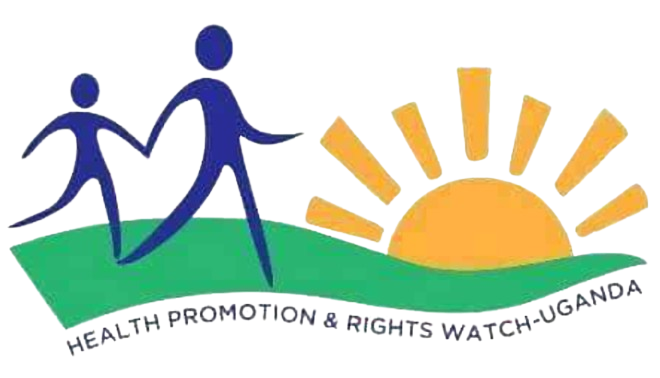
In the heart of Bushenyi District, a transformative partnership is taking shape. Health Promotion and Rights Watch Uganda (HPRW-U) has joined hands with the Sustainable Access Foundation to roll out the Integrated Household Model—an initiative set to redefine how community challenges are tackled, one household at a time.
The Challenge: A One-Size-Fits-All Approach Isn’t Working
For years, development efforts across Uganda have struggled to make lasting impacts. Why? Because many initiatives assume that communities face uniform challenges. The reality on the ground tells a different story. Households in Bushenyi face diverse and complex issues, including: Limited land resources, Outdated farming techniques, Poor access to sanitation and hygiene, Knowledge gaps in nutrition, energy conservation, and health and Insufficient resources for both crop and livestock production.
These challenges, particularly prevalent in female-headed households, demand a tailored approach—one that acknowledges and addresses the unique needs of each household.
A New Approach: The Integrated Household Model
The Integrated Household Model flips the script. Instead of imposing top-down solutions, this model prioritizes understanding the specific challenges each household faces. Through detailed needs assessments, it ensures that interventions are both relevant and effective.
The model works by focusing on sustainable livelihoods and equips households with the knowledge and tools they need to thrive. Core areas of intervention include: Food security and nutrition, Health, water, sanitation, and hygiene (WASH), Climate-smart agriculture, Energy-saving cooking technologies, renewable energy adoption, Entrepreneurship, market access, Social equity and community cohesion.
Bringing the Vision to Life
The partnership between HPRW-U and the Sustainable Access Foundation is guided by clear objectives aimed at improving household resilience and sustainability. These objectives include identifying key challenges through household-level assessments to uncover specific needs, building capacity by delivering tailored training programs that equip families with essential skills, and promoting sustainable livelihoods by supporting households in establishing ventures that are both resilient and environmentally friendly. Key activities under this partnership involve developing a training manual based on the findings from the needs assessments, hosting integrated training sessions on farming, health, and renewable energy, providing direct household support while fostering peer-to-peer mentorship networks, and promoting environmental conservation through the adoption of renewable technologies and sustainable farming practices.
A Promise for the Future
The rollout of the Integrated Household Model in Bushenyi District signals a bold step forward in community development. By focusing on the unique needs of each household, this initiative offers more than solutions—it offers hope.
The ultimate goal is to empower households to become self-reliant, healthy, and resilient while positioning them as agents of change within their communities.
This partnership is not just about addressing challenges; it’s about reimagining the way we build sustainable and equitable communities from the ground up.
